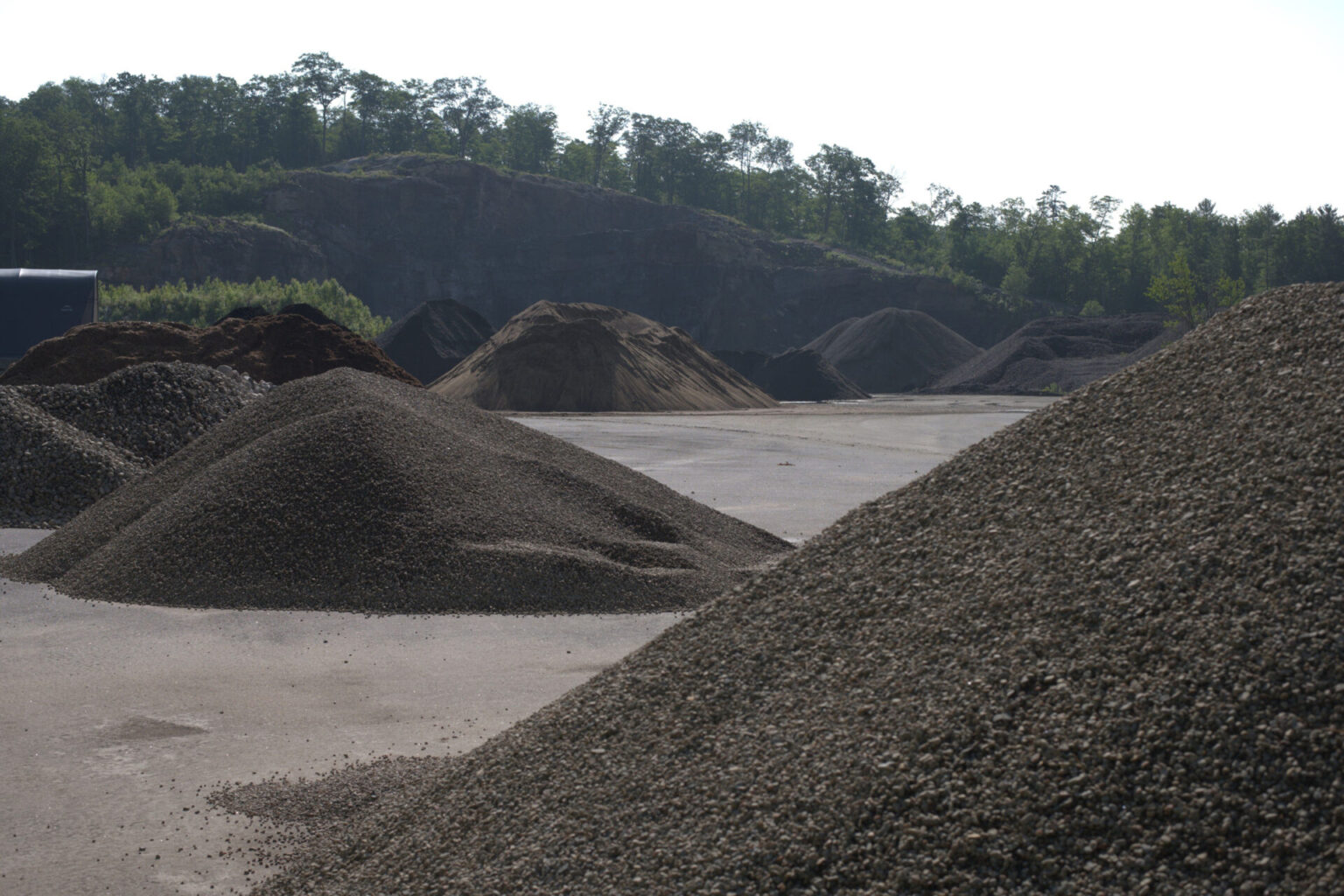Quality Control
Quality Control Services Contact
Ross Elliott
Quality Control Manager
Direct 705-645-2214 ext 456
Email relliott@fowler.ca
Quality control of aggregates is a critical aspect of construction materials management. Aggregates, such as sand, gravel, and crushed stone, are fundamental components in concrete, asphalt, and other construction materials. Ensuring the quality of aggregates is essential for achieving the desired properties and performance of the final construction product.
As part of a robust quality management system, Fowler operates a Canadian Council of Independent Laboratories (CCIL) certified lab. Fowler constantly tests their materials and workmanship to ensure they exceed industry and regulatory standards. Fowler also operates a portable lab for project-specific testing.
The Fowler quality team is able to perform the following;
- Aggregate sampling
- Aggregate sieve analysis
- Aggregate physical property testing
- Granular and Soil compaction testing
- Hotmix sampling
- Hotmix asphalt mix testing
- Hotmix asphalt compaction testing
- Hotmix asphalt mix designs both Marshall and Superpave
Here are vital aspects of quality control for aggregates:
-
Source Selection:
- Choose reputable and reliable sources for aggregates. Well-established quarries or suppliers with a history of providing quality materials are preferred.
- Evaluate the geological characteristics of the source to ensure that the aggregates meet the desired specifications.
-
Sampling:
- Collect representative samples from various locations within the aggregate stockpile or production process.
- Follow standardized sampling procedures to minimize sampling bias.
-
Testing and Analysis:
- Conduct laboratory tests to assess the physical and mechanical properties of aggregates.
- Standard tests include gradation analysis, particle shape analysis, abrasion resistance, soundness, specific gravity, and moisture content.
- These tests help determine whether the aggregates meet the specifications outlined in relevant standards or project requirements.
-
Compliance with Standards:
- Ensure that the aggregates comply with industry standards and specifications set by local authorities or project specifications.
- Standards such as ASTM (American Society for Testing and Materials) or relevant regional standards provide testing and acceptance criteria guidelines.
-
Quality Assurance Programs:
- Implement quality assurance programs that include regular testing and inspection of aggregates throughout the production process.
- Establish procedures for corrective actions in case of deviations from quality standards.
-
Storage and Handling:
- Properly store aggregates to prevent contamination, segregation, or degradation.
- Implement best practices for handling, transportation, and stockpiling to maintain the quality of the materials.
-
Documentation:
- Maintain detailed records of testing results, including dates, locations, and specific test parameters.
- Document the source of aggregates and any relevant information about the production process.
-
Communication:
- Establish effective communication channels between suppliers, producers, and testing laboratories.
- Ensure that all parties involved understand and adhere to quality control requirements.
-
Field Inspection:
- Conduct regular field inspections to verify that aggregates delivered to the construction site meet the specified quality standards.
- Monitor production processes to identify and address potential issues promptly.
-
Continuous Improvement:
- Implement feedback loops and continuous improvement processes to address identified issues and enhance the quality control system.
By rigorously implementing these quality control measures, construction projects can use aggregates that meet the required standards, ensuring the durability and performance of the final construction materials.

